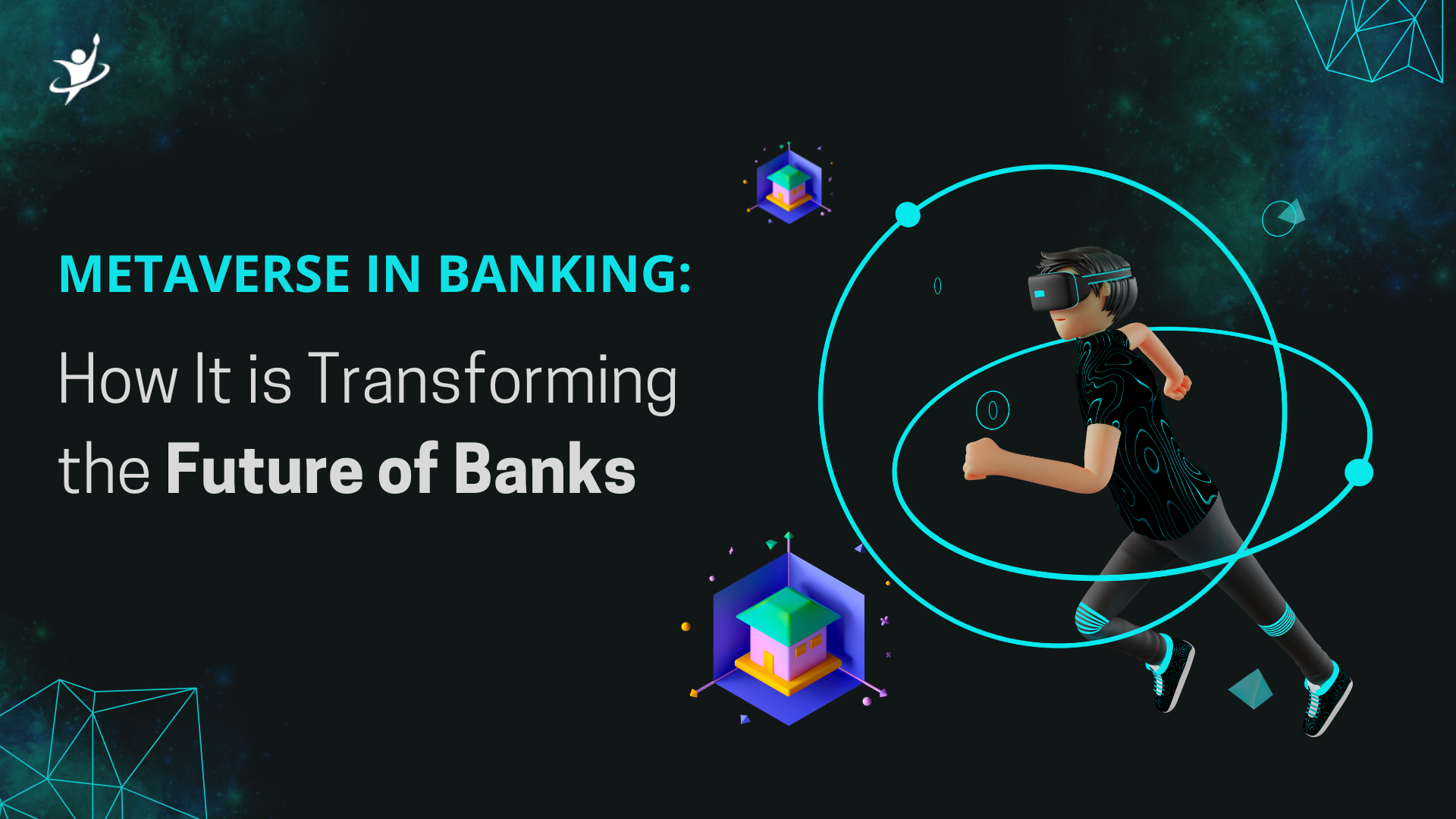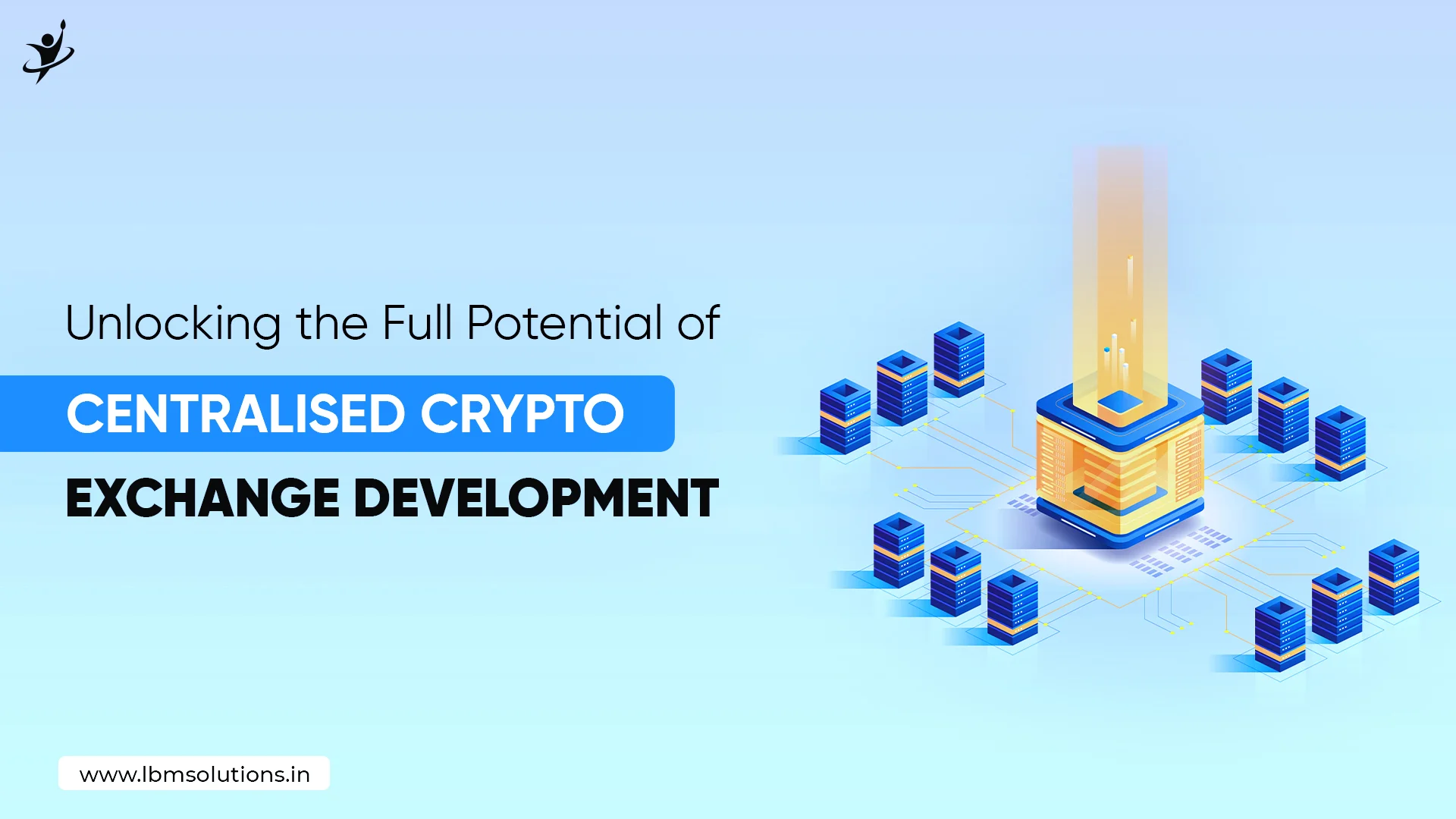Since its inception, the banking industry has been undergoing constant transformation. The introduction of blockchain technology and the emergence of cryptocurrencies have added a new dimension to this transformation. Now, with the emergence of metaverse technology, banks are looking at a new way to improve their operations and services. This article will explore how this innovative technology is impacting the banking industry and how it could shape its future. And do you need a Metaverse Development Company for your future metaverse?
What is Metaverse?
Metaverse is a decentralized platform that allows users to create and manage digital identities, digital assets, smart contracts, and online applications using blockchain technology. The platform enables users to create digital identities that can be used for various purposes such as authentication for financial services or for creating digital assets such as tokens or non-fungible tokens (NFTs). According to the experts at a Metaverse Development Company, by creating these digital identities, users can interact more effectively with other platforms and services on the Metaverse network.
How Is Metaverse Technology Being Used by Banks?
Banks are leveraging Metaverse’s blockchain infrastructure to increase efficiency in their operations and to provide better customer service. For example, banks can use Metaverse’s blockchain infrastructure to securely store customer data such as account numbers and passwords as well as transactional data such as payments or transfers. Additionally, banks are using Metaverse’s smart contract capabilities to automate processes such as loan approvals or claim settlements. According to the experts at a Metaverse Development Company, finally, banks are also making use of metaverse’s identity management capabilities to authenticate customers when they access their accounts online or via mobile devices.
Impact on Banking Industry
The introduction of metaverse technology into the banking industry has had a profound impact on both operations and customer service. For example, by utilizing metaverse’s blockchain infrastructure, banks can securely store customer data which makes them less vulnerable to cyberattacks. Furthermore, by automating certain processes with smart contracts, banks can reduce operational costs while providing better customer service through faster transaction processing times, say experts at a legit Metaverse Development Company. Finally, by leveraging metaverse’s identity management capabilities, banks can ensure that customers are properly authenticated when accessing their accounts online or via mobile devices which improves security for both customers and banks alike.
The benefits of metaverse in banking
The benefits of a metaverse in banking are far-reaching, and the financial sector is already starting to explore the possibilities. One of the most obvious advantages is increased efficiency and cost savings. By connecting physical processes with a digital layer, banks can streamline their operations and reduce costs associated with the manual processing of documents and data entry. For example, by using smart contracts on blockchain networks, they can automate transactions such as loan applications or payments, eliminating the need for intermediary parties like lawyers or brokers.
Another benefit of metaverse technology in banking is improved security and fraud prevention. Metaverse networks provide enhanced levels of authentication and encryption that make it difficult for malicious actors to access sensitive financial information or carry out fraudulent activities. Additionally, the distributed ledger technology used in blockchain networks allows banks to manage digital identities more securely than traditional methods since each transaction requires authentication from multiple parties. This eliminates the risk of a single point of failure due to cyberattacks or other disruptions, say the experts at a Metaverse Development Company.
Furthermore, metaverse technology can offer greater customer convenience as well as open up new opportunities for personalized services, says professionals at a Metaverse Development Company. Banks can use virtual reality (VR) and augmented reality (AR) to create interactive experiences for customers that allow them to explore products and services in a more immersive way than ever before. For example, a customer may be able to walk through a virtual bank branch or access interactive product demos before deciding which product or service is best for them. Additionally, banks can use advanced analytics tools based on AI and machine learning algorithms to better understand their customers’ needs and offer tailored products and services that meet their individual needs more effectively than traditional methods currently do.
Conclusion:
The introduction of metaverse technology into the banking industry has opened up a world of possibilities for improved operations and enhanced customer service. By utilizing its blockchain infrastructure, smart contract capabilities, and identity management features; banks can increase efficiency while improving security at the same time. According to the experts at a Metaverse Development Company, as more banks begin exploring this innovative technology; we could see an even greater transformation in the banking sector in years to come.











